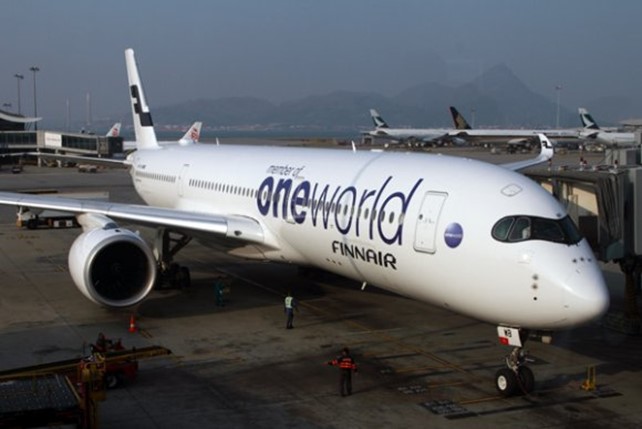Russia’s invasion of Ukraine has forced the airline to make changes.
Without the ability to fly through Russian airspace, Finnair ha been forced to make significant adjustments.
The oneworld carrier’s normal business strategy pivots on connecting Europe and Asia using nonstop routes that overfly Russia.
However, many of these routes have been rendered not financially viable because of the Russian airspace closure and ongoing COVID-19 border restrictions in Asia. North Asia routes are especially affected.
Finnair’s first-quarter load factor stood at just 47.3%. This summer, Finnair is expecting to operate around 70% of its pre-pandemic capacity.
Discussing the carrier’s €213 million ($225 million) first-quarter net loss with analysts and reporters, CEO Topi Manner said Finnair remains hampered by COVID-19 travel restrictions in North Asia (Japan, South Korea and China), higher oil prices and the Russian airspace closure.
“Nobody really knows how long Russian airspace will remain closed,” Manner said. “First peace in Ukraine would be needed and then, after that, political discussion about the willingness to lift at least some of the sanctions would start. But we estimate that also would be a lengthy process, even if peace were to be achieved.”
The airspace closure has forced Finnair to use flight routings that are 10-40% longer, with north Asian routes worst affected. Manner said the carrier’s northeast Asian slots are not currently under threat because COVID-19 slot rules are still in place, but some cargo-only flights will no longer be viable.
“We are adapting to the reality of closed Russian airspace and we have started determined measures to adapt as we move forward,” Manner said, adding: “In terms of the network, we are pivoting to the west and to South Asia and also tapping into, for example, India and US flows.”
With aircraft idle because of capacity reductions, Finnair this summer will wet lease three Airbus A350s to Lufthansa and four A321s to British Airways, bringing 600 staff back from furlough to cover the two contracts. “During the past month, our team has been working hard to find profitable usage for our idle capacity after the Russian airspace closure,” Manner said.
























